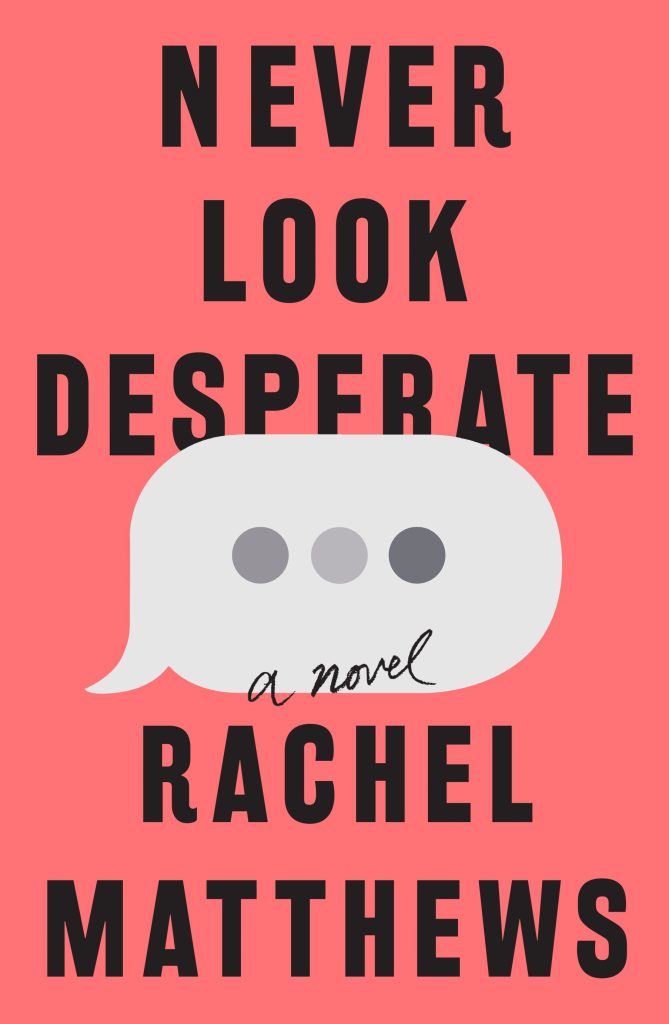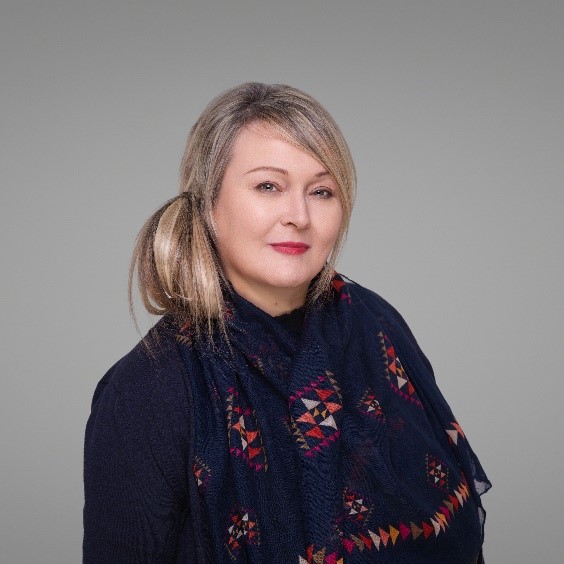During the writing of my new tragicomic novel, Never Look Desperate, I took the first draft of my completed manuscript away for a dirty weekend. To love it again and rediscover the connection. We stayed in a hotel with a city view. The sheets were fresh. The curiosity and feelings returned.
Great stories pull on threads of feelings rather than throw punches. Peter Carey emphasises the vital ingredient of emotionally charged storytelling, reminding us that stories should tug at our hearts. Lee Kofman champions the ‘emotional heart’ of a narrative as paramount. These emotional threads often appear in the raw beginnings and it is the author’s job to identify them amidst the chaos of early drafts.
With over two decades spent teaching writing workshops, completing a PhD, publishing three novels, and crafting journalistic works, I’ve concluded that the key to getting started on a creative work lies in the liberation of your emotional vault. Allow your ideas to be led by your feelings, to erupt with a raw energy – like ‘fabulous yellow roman candles exploding like spiders across the stars’, channelling Kerouac. This unrestrained exploration, especially crucial for novels, unlocks the essence, the sparkly energy of a new work.
French philosopher Gilles Deleuze, in collaboration with psychotherapist Felix Guattari, linked human creativity to the concept of ‘flight’, suggesting that our desire to escape the mundane fuels innovation. We dream of new realities, forge connections, and combine our strengths to push boundaries and reshape the world around us, all through creative exploration. In fiction, we create characters who are our adventuring proxies.
During the first days of writing ‘Never Look Desperate’, a 48-year-old character named Bernard randomly appeared. I saw him standing in his Melbourne CBD apartment, contemplating life from the vantage point of floor-to-ceiling windows. He touched the smooth surface of a pendant holding his deceased ex-wife’s ashes, his movements accompanied by a sigh and the rustle of an Aldi catalogue as he pondered a trumpet and Greek yoghurt. An uneaten pizza sat beside him. Later, a steely-voiced mother delivered news of his father’s death via phone call – while Bernard watched ‘A Farmer Wants a Wife.’
I initially had no idea where Bernard originated but he fascinated me. Soon, I realised Bernard was a voice for my isolated male friends. This is the power of letting go – characters can emerge fully formed, bursting with potential.
During a writing workshop at RMIT, a student ‘Ellie’ approached me, frustrated by the lack of ideas and her ‘boring writing’. Intimidated by her seemingly sophisticated and well-travelled classmates, she was overthinking and stifling the early version of a story set in urban Melbourne. I redirected her focus, asking what was happening in her personal life. She shared the experience of caring for her sister with MS and a recent family trip to Scotland, involving her mum and two other sisters. The quest was to fulfill her unwell sister’s dream of revisiting their ancestral land. Picture three women, connected by love and a shared family tattoo, lifting their wheelchair bound sister up rugged landscape and gazing across velvet-green Scottish hills. I suggested she begin this new piece with a focus on key visuals and feelings. The result was a moving, cinematic account of precious moments that left the class in tears.
Ellie’s earlier writing struggle can be understood as a tug-of-war between the analytical left brain and the free-flowing right brain. The left brain, a stern editor, wields a red pen, highlighting inconsistencies and demanding logic. Its voice, the inner critic, whispers doubts about weak characters or dull plot lines, sometimes switching to a ‘you should get a real job’ parental voice-over. While the left brain is crucial for polishing a final draft, it can be a creativity killer in the early stages. But once you have your story down and hence something to work with, the left brain provides the bridge between the right brain’s imaginative leaps and the creation of a controlled narrative that will hold the reader’s attention.
The right brain, on the other hand, is the playground of ideas. It throws out fantastical concepts, paints vibrant imagery with abandon, and fuels the writer’s excitement re a story beginning. It’s the realm of ‘what ifs?’ and ‘wouldn’t it be amazing ifs?’.
The key to productive writing lies in managing this internal tussle between the sides of our brain. We need to let the right brain dream up crazy scenarios, explore unexpected connections, and breathe life into characters. Then, we engage the left brain to refine these ideas, ensuring the story remains cohesive, the characters are compelling and the plot flows seamlessly.
This is why in writing workshops, I encourage students to view an early story as the blossoming of a relationship. There’s an initial fascination, but also a vast unknown waiting to be discovered. The trajectory of a new bond is unpredictable, just like the path a first draft may take. I suggest embracing the space for a narrative to unfold organically. This is where Ellie took flight.
In the art of birthing juicy first drafts, it’s not about polishing every detail; it’s about honouring the raw origins and letting them guide you. Embrace the chaos and the whimsical tangents, like you would with a new lover. Allow your characters to appear, just as Bernard emerged with his take-away boxes and existential ponderings. But more importantly, climb inside your heart.
Dr Rachel Matthews is a Melbourne author, RMIT lecturer and contributor to news media. Never Look Desperate, a tragicomedy and Rachel’s third book, is described by the Guardian as ‘the best of new Australian fiction’ and Toni Jordan as ‘funny, wry and heartbreakingly honest’. The story tackles the absurdity of despair, the recovery from grief and the wild frontier of middle-aged Tinder. Rachel’s critically acclaimed debut Vinyl Inside, was highly commended in the Vogel Awards. Siren, her second novel, was part of a PhD at Victoria University exploring sexual violence in AFL football.


Brilliant in every way.
Clare, I agree with you 🙂 x
❤️
Learning from the best Dr C x❤️
« Writing is rewriting ». I forget who said that but in my case it holds some truth. 20,000 words into my new manuscript I realised what my story is really about. I’m starting the process of rewriting while at the same time treating this as a first draft with all the urgency and emotional truth of fresh writing. I know I will rewrite this rewritten draft many more times.
thank you for sharing, dear Dina! Happy writing/re-writing to you 🙂
Hi Dina, so true! It’s those hard yards that really test us. I wish you a productive time ahead, congrats on the new book 🙂
As an aspiring author with very little conventional academic “training” in my craft, I found Rachel’s essay both inspiring and enlightening. A thousand thank yous for this wonderful piece of advice, and also to Lee for putting out these guest posts.
Jenny, thank you, so glad Rachel’s piece spoke to you! I’m thinking of you and your powerful memoir.
Hi Jenny, thank you for the lovely feedback. I’m glad my blog has been useful. Hope your right brain has taken off into some new adventures! 🙂
Rachel this is fantastic, thank you so much. I am halfway through a new first draft and I have been struggling with the left brain indeed. I have written a note for myself to ’embrace the chaos and the whimsical tangents’ as it seems to be the tangents, in particular, that inspire both apprehension and delight. Thank you!
Hi Kim! Thanks for the insight and so glad it has been helpful. We don’t trust that chaos but it seems to be where the magic happens. I wish you a happy writing time ahead 🙂
Thank you for this post. It’s both grounded and inspiring. What a glorious way of thinking about a new work, with love!
DS Magid I’m so happy to hear about your story progressing, thanks for the kind words and may the chaos guide you!
😊
Gilles Deleuze ‘ … linked human creativity to the concept of ‘flight’, suggesting that our desire to escape the mundane fuels innovation.’ What an interesting concept. Thanks for that ‘find’ of yours.